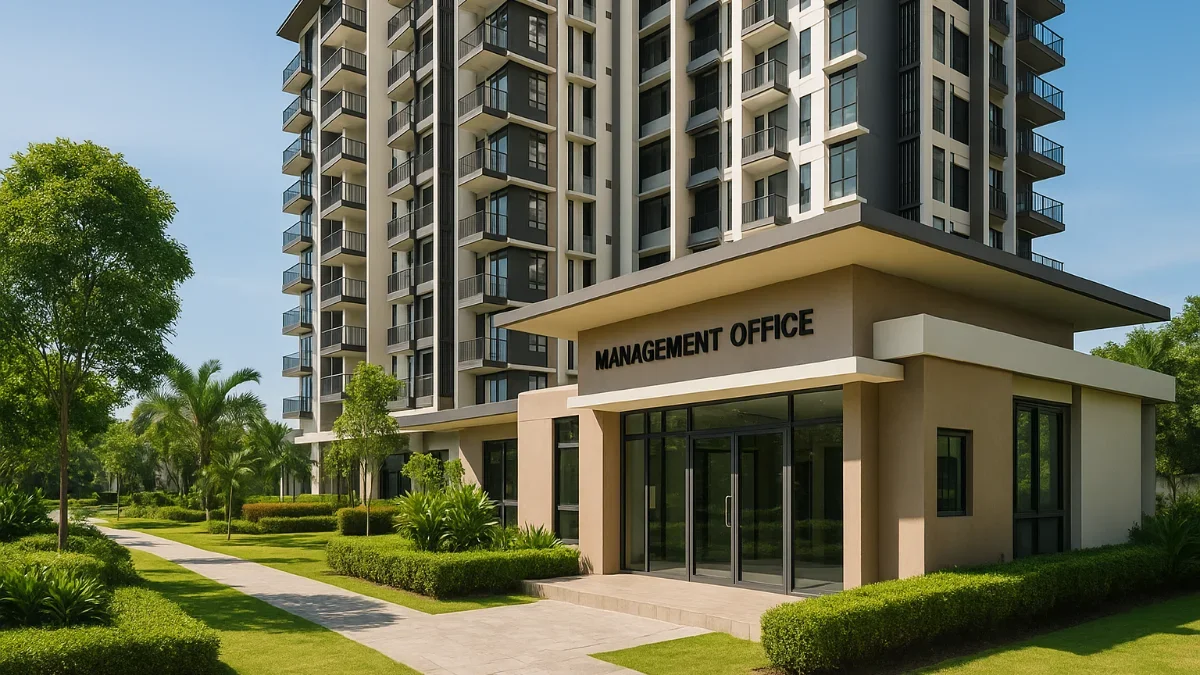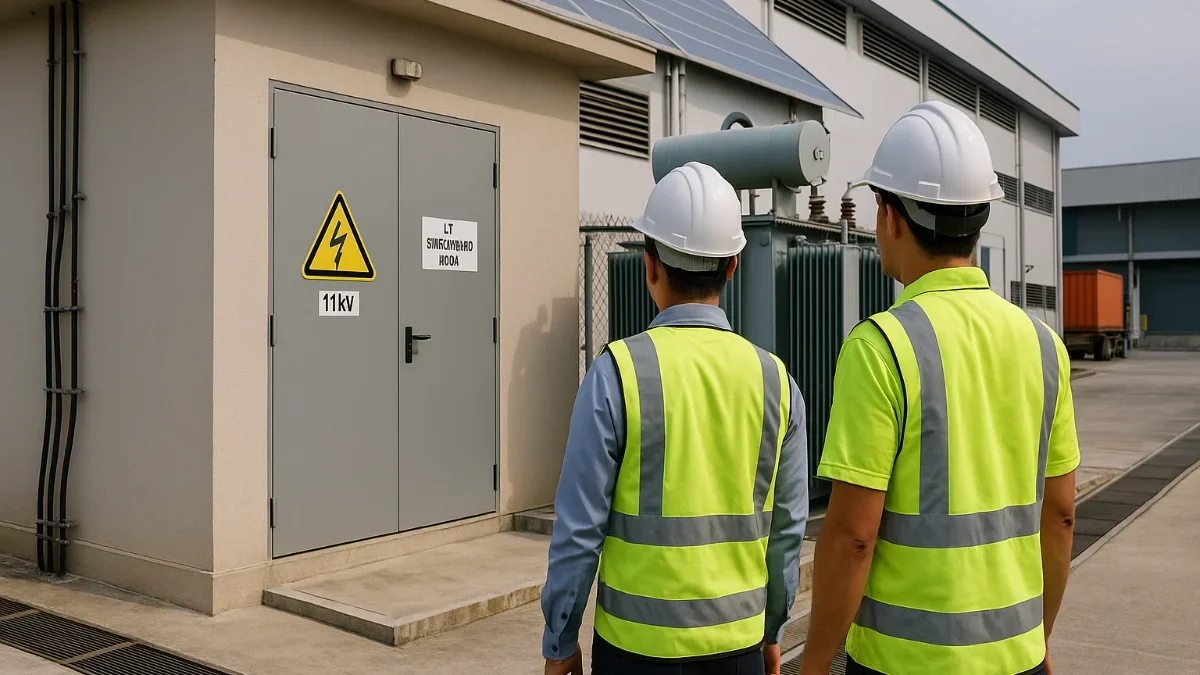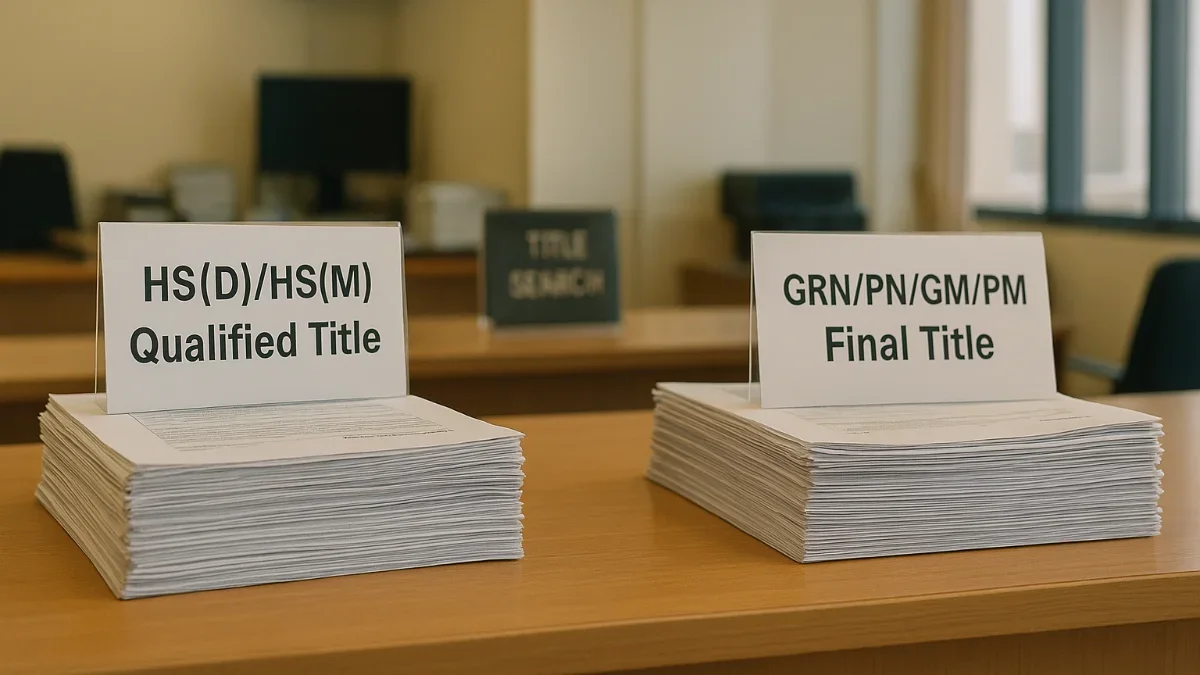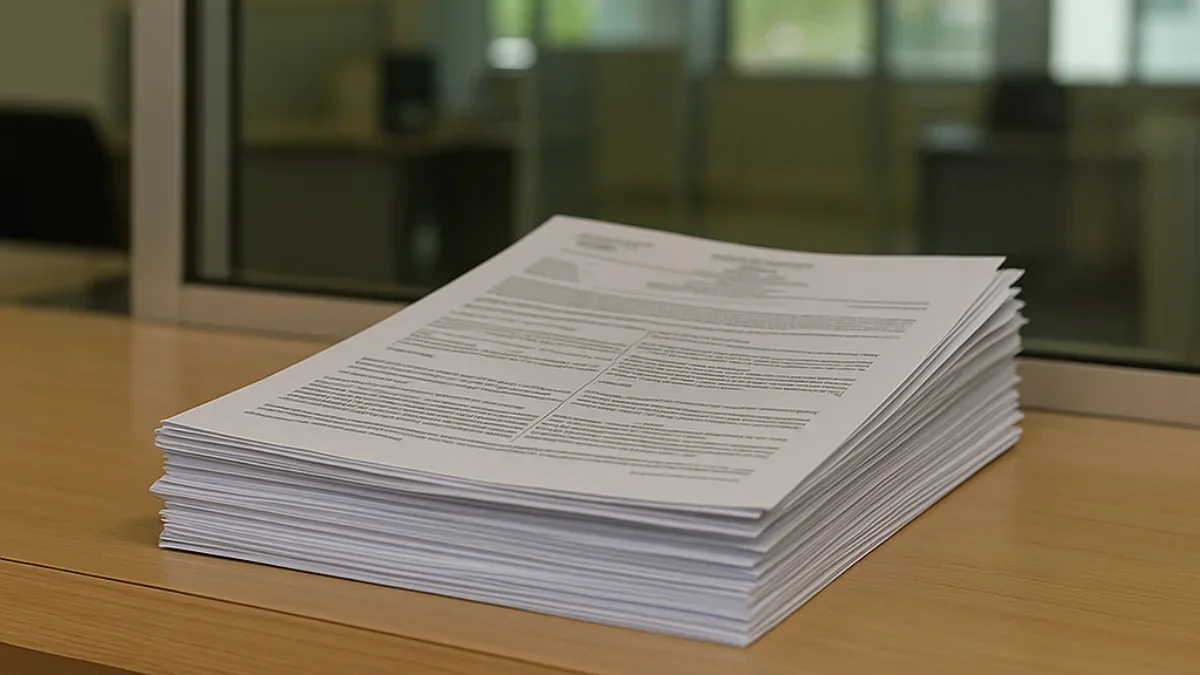A clear and practical explanation of the Strata Management Act 2013 (SMA), covering how strata schemes are managed, the roles of JMB/MC, and what owners and investors must understand before buying a strata property in Malaysia.
Understanding the Strata Management Act (SMA 2013): What Every Owner & Investor Should Know
The Strata Management Act 2013 (Act 757), commonly known as the SMA, governs how strata properties such as condominiums, serviced apartments, SOHO units, and industrial strata factories are managed in Malaysia. For buyers, owners, investors, or tenants, understanding your rights and responsibilities under the SMA is important to protect your investment and ensure transparent building management.
What Is the Strata Management Act 2013?
The SMA 2013 is the main law that regulates the management and maintenance of strata schemes. It provides guidelines for:
- Maintenance and management of common property
- Formation of the Joint Management Body (JMB) and Management Corporation (MC)
- Collection of maintenance fees and sinking funds
- By-laws, house rules, and dispute resolution
- Developers’ duties and obligations during the early stage
Stage 1: Developer’s Management Period
Before the JMB is formed, the developer manages the building. Under SMA:
- The developer must maintain common areas
- Open a maintenance account
- Provide detailed management records to owners
- Prepare the first AGM to form the JMB
Stage 2: Formation of the Joint Management Body (JMB)
The JMB is formed at the First AGM, normally within 12 months after vacant possession (VP). The JMB consists of owners and the developer.
The JMB’s responsibilities include:
- Managing and maintaining the common property
- Collecting maintenance charges and sinking fund
- Preparing yearly budgets and accounts
- Setting and enforcing by-laws
Stage 3: Formation of the Management Corporation (MC)
When strata titles are issued and at least 25% of owners have transferred their strata titles, the MC replaces the JMB.
The MC has full authority to manage the building, including:
- Managing the sinking fund
- Entering into contracts (cleaning, security, lift maintenance)
- Insuring the building
- Taking legal action on unpaid charges
Maintenance Charges & Sinking Fund
Under the SMA:
- Maintenance Charges – for daily operations (cleaning, security, repairs)
- Sinking Fund – minimum 10% of the maintenance charge; used for major capital repairs
These fees must be paid by all owners—even if the unit is vacant or not used.
House Rules & By-Laws
The SMA allows JMB/MC to create by-laws to ensure proper community living. Common by-laws govern:
- Parking
- Renovation rules
- Pets
- Short-term rentals (e.g., Airbnb)
- Noise and cleanliness
Dispute Resolution Under SMA
For disputes involving owners, tenants, JMB, or MC, the SMA provides a legal platform known as the Strata Management Tribunal (SMT), which handles cases such as:
- Outstanding fees
- By-law disputes
- Management misconduct
- Common property damage
Why the SMA Matters to Investors
For property investors—especially those buying commercial or industrial strata properties—the SMA ensures:
- Transparent management
- Fair maintenance charges
- Protection of asset value
- Legal protection against mismanagement



